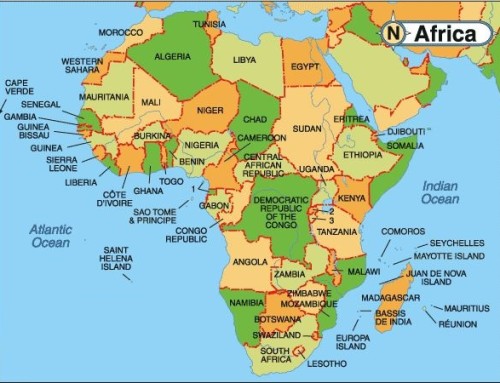 Remember the 2000 presidential elections? Vice President Al Gore won the popular vote. But for thirty-one days after the election, no one knew whether he or Texas Governor George W. Bush had prevailed in Florida winning the needed electoral votes that would determine the nation’s 43rd president. “Hanging chads” and the spectacular hair-do of Florida’s Secretary of State Kathleen Harris dominated the news as Republicans and Democrats took to the courts to determine the winner.
Remember the 2000 presidential elections? Vice President Al Gore won the popular vote. But for thirty-one days after the election, no one knew whether he or Texas Governor George W. Bush had prevailed in Florida winning the needed electoral votes that would determine the nation’s 43rd president. “Hanging chads” and the spectacular hair-do of Florida’s Secretary of State Kathleen Harris dominated the news as Republicans and Democrats took to the courts to determine the winner.
Both sides filed three separate lawsuits. Finally, the most critical case of Bush v. Gore was decided by a 5-4 decision in the Supreme Court. Divided among along party lines, the decision stopped the recount of the hotly contested Florida vote that the Texas governor had won by the narrowest of margins. Bush was awarded Florida’s electoral votes and on January 20th, 2001 became president.
Could this happen again? To be elected president, there are four and only four qualifications. The person must be 35 years of age; have resided in the US for at least 14 years; and win a majority of electoral votes—we still do not directly elect our presidents as Al Gore’s defeat confirmed. The fourth and final requirement is that the president must be “a natural born citizen.”
In the specific context of the presidency, neither Supreme Court decisions nor case law has produced a definitive definition of what “a natural born citizen” means although established law grants citizenship to offspring of U.S. citizens born abroad. The unresolved issue is whether by extension a foreign born American citizen is constitutionally qualified to become president.
George Romney, former governor of Michigan and father of presidential aspirant Mitt was born in Mexico. His campaign for the presidency quickly failed and hence the issue was untested. The 2008 election however raised this question of birthright for both candidates—Senators John McCain of Arizona and Barack Obama of Illinois.
McCain was born in 1936 at Coco Solo Naval Station in the Canal Zone. Technically, Panama still maintained sovereignty over the Canal Zone although the US controlled it. Interestingly, McCain’s grandfather commanded the naval base and his father was executive officer of a submarine stationed there.
In 2008, a New Hampshire resident, Fred Hollander, filed a law suit contesting McCain’s qualification for the presidency on the grounds he was not “a natural born citizen” since the Canal Zone was technically not U.S. territory. However, in 1937, Congress had passed a law that would have qualified such individuals to serve as president. And in 2008, the Senate passed a non-binding resolution declaring McCain qualified as a natural born citizen.
McCain lost and the point was moot. And, of course, the brouhaha over candidate Obama’s place of birth became the rallying cry of right wing fringe elements. Obama was the child of an American mother and Kenyan father. That he was born in Hawaii made little difference to the “birthers.” However, this argument becomes hotter should Texas Senator Ted Cruz win the Republican nomination— no matter the likelihood.
Cruz was born in Calgary, Ontario in Canada to an American mother and Cuban father. Eventually the family moved to Texas. Cruz would give up his Canadian citizenship in 2014. Now suppose Cruz won the nomination. Is he constitutionally qualified to be president?
Certain Republicans were happy in 2008 to challenge Obama’s natural born citizenship status with an American mother and foreign father—exactly the same situation for Mr. Cruz. So how might they react to establishing the presidential qualifications of the firebrand senator? Since consistency and hypocrisy are two sides of the same political coin, no doubt the GOP will ignore this contradiction. Yet it is interesting that this question of qualification has not arisen so far.
Nonetheless, given the bizarre and bitter nature of American politics today and the relevance of a 226 year old document to the 21st century, a repeat of Bush v Gore in 2016 with a Cruz v Constitution petition is not entirely unimaginable.






Leave A Comment